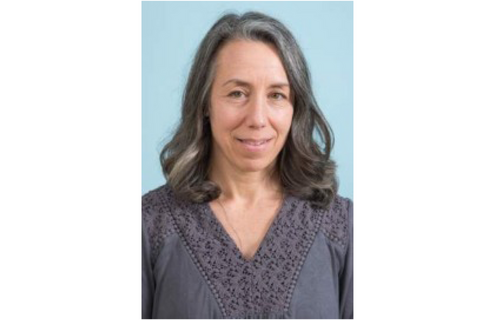
What keeps Lisa Furmanski, MD, up at night?
“Having a patient in the hospital,” said Furmanski, a member of the geriatrics and senior care team at APD.
Dr. Furmanski recently spoke to the Elder Forum, a monthly discussion for health and human services organizations focused on the elderly, on the topic “Vulnerable Elders: Managing a Crisis.”
Her presentation, given from the provider/clinical perspective, covered a variety of topics related to vulnerable elders, also known as elder orphans or solo seniors. It is estimated that 22% of older adults are at risk because of a lack of familial support, information, and community networks.
Related article: What's New in Elder Care?
“It can be hard to define a good outcome for a vulnerable senior. A hospital is not always safer than being in the community, and a nursing home placement isn’t the best setting for everyone,” Furmanski said. “But sometimes the circumstances are inflexible. We can see a crisis coming but we are waiting because it is the only way anything is going to change.”
Furmanski discussed a few concepts to keep in mind when caring for elders.
Is the patient vulnerable? Vulnerability is decided by age, health, function and mobility. Furmanski provides an example: an 84-year-old woman with severe dementia and paranoia, living alone with no family support, is a frequent visitor to the emergency department for aggressive behavior. The emergency department asks the primary care provider for a plan.
“What is the problem? Is there a single issue to address? If so, is it diagnostic, personality driven, or is it a resource or support issue?” Furmanski said.
Then look at the risk: What are we worried about? In this example, the risk is the patient lives alone with no support network — and needs supervision.
“What is our role?” Furmanski said. “How can the doctor or the hospital or the community support this patient?”
Does the patient have capacity? Capacity in healthcare refers to decisional capacity, the ability to refuse or accept treatment.
“Capacity may change over time and it may change with each decision,” Furmanski said. “The patient may be able to consent to medication options, but is not able to consent to surgery.”
A patient may also have a double whammy of lacking capacity and lacking a decision maker. “We want to identify these elders before this happens,” she said.
Are there Medicare and Medicaid concerns? It can be difficult to know exactly what medical coverage an elder has. “There’s a lack of knowledge among families and caregivers, and families are in crisis around this issue,” Furmanski said.
Medicare, for example, may not cover dementia, long-term care, observation stays, and injuries or falls. Assets may need to be spent down before accessing Medicaid benefits — something many seniors are hesitant to do.
“Our elder patients want to leave a legacy to their family so this changes their view of what they need. This decision weighs on families and we often hear about it on the clinical end,” she said.
How can a provider help? “We need to do everything we can do optimize their medical treatment,” Furmanski said. “By knowing our patients over time — their decisions and how they got to this point — and knowing the families and advocates, you can provide education and symptom relief, reduce caregiver stress, and identify the looming crisis.”
Furmanski and her team often see that is challenging for families and their support network to overcome inertia and take action before a crisis hits.
“It can be hard to decide when to fix something. A lot of people say, ‘It is working okay and I don’t want to mess with it.’ As a provider, you may push, set limits, or force decisions, but it is important to recognize that families, caregivers, and providers may struggle more than the patient,” Furmanski said.